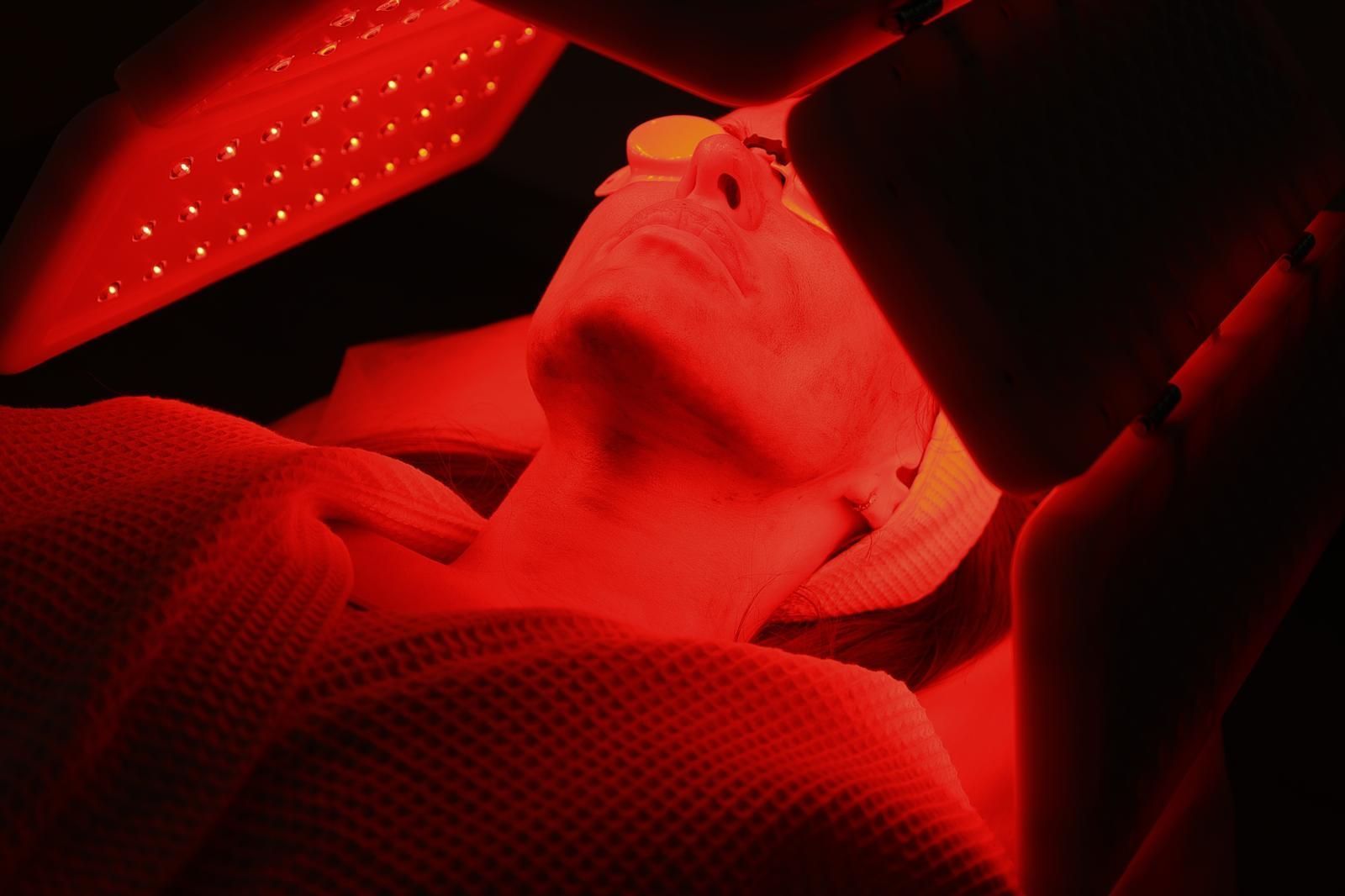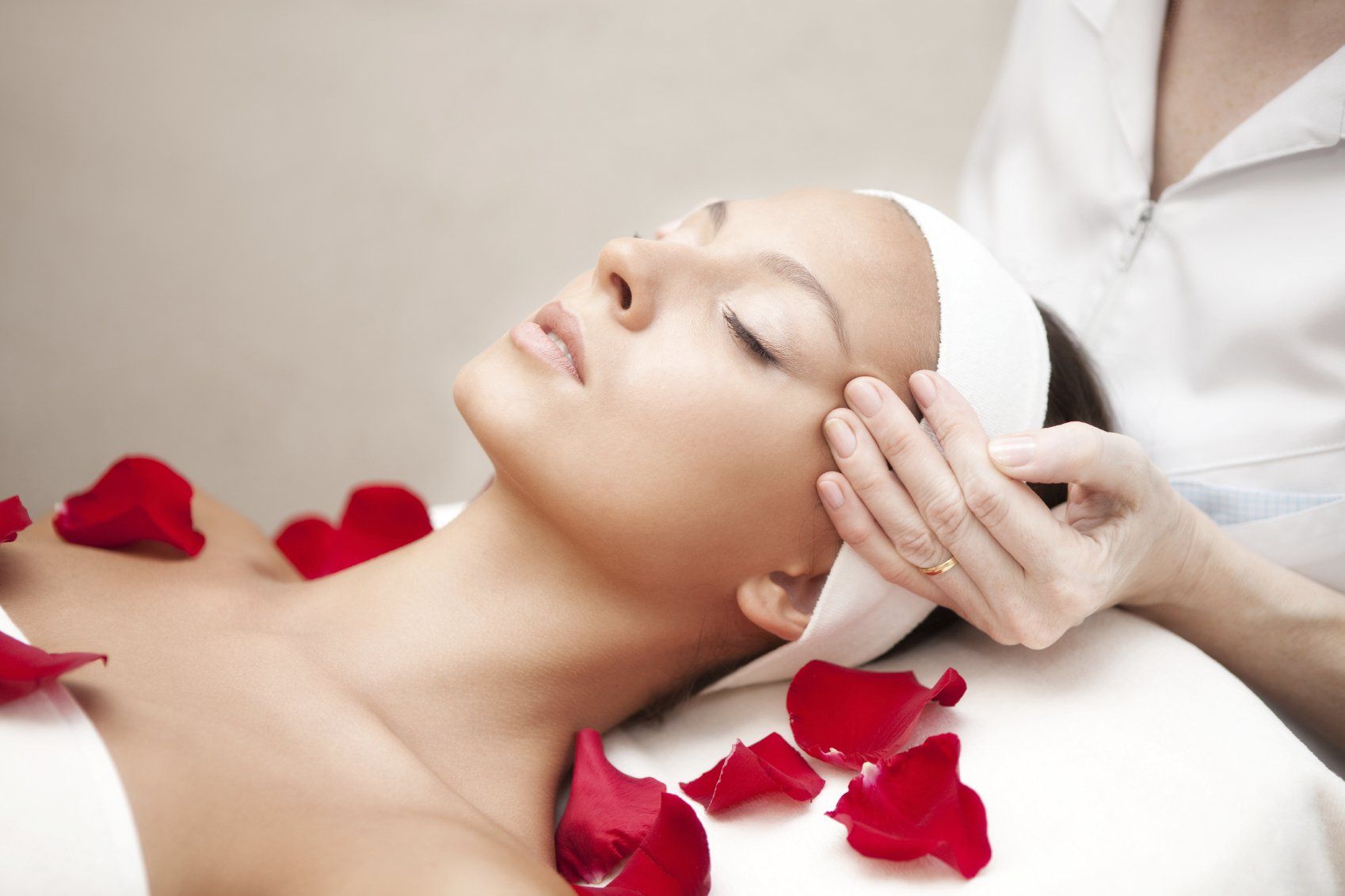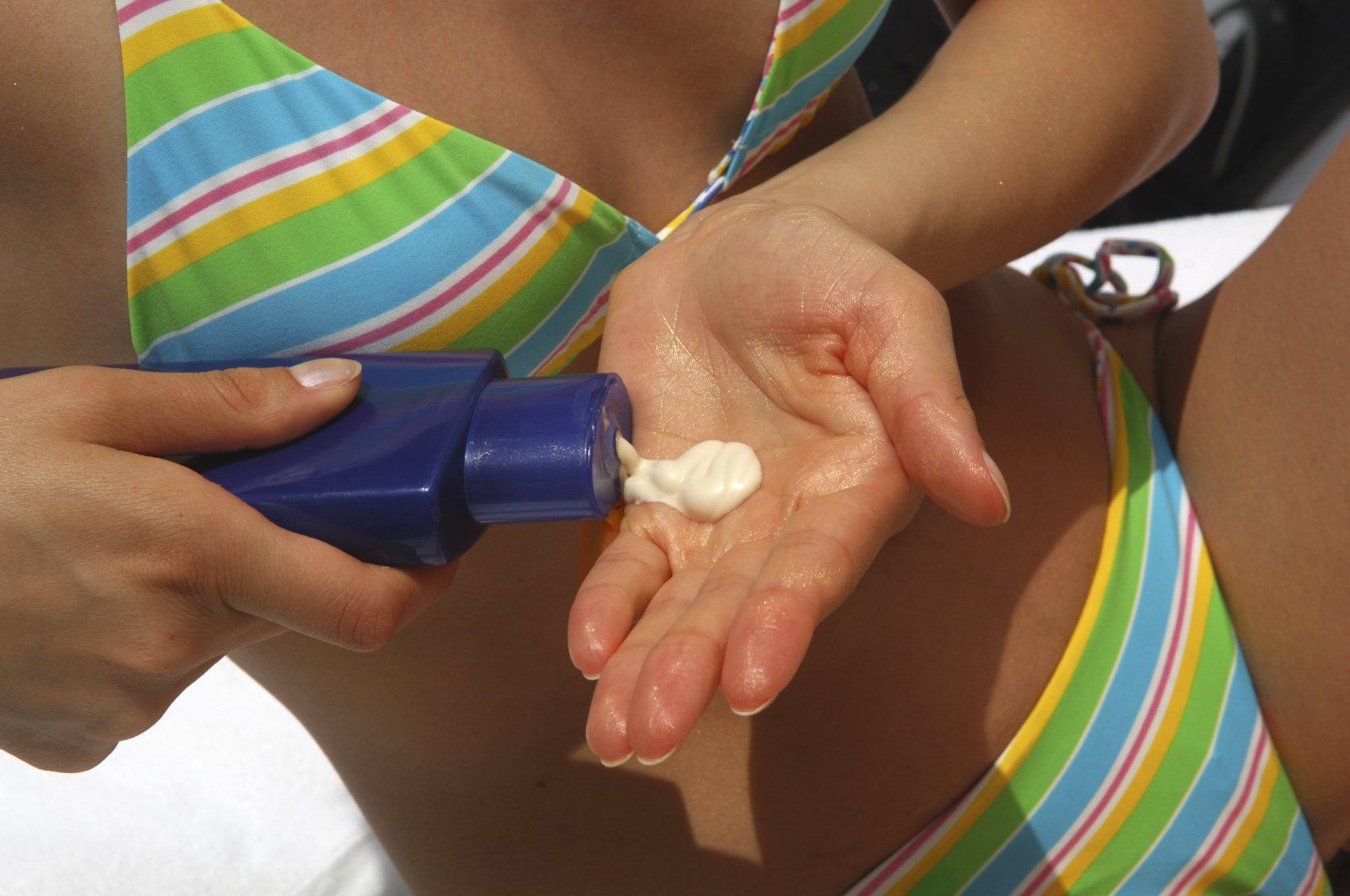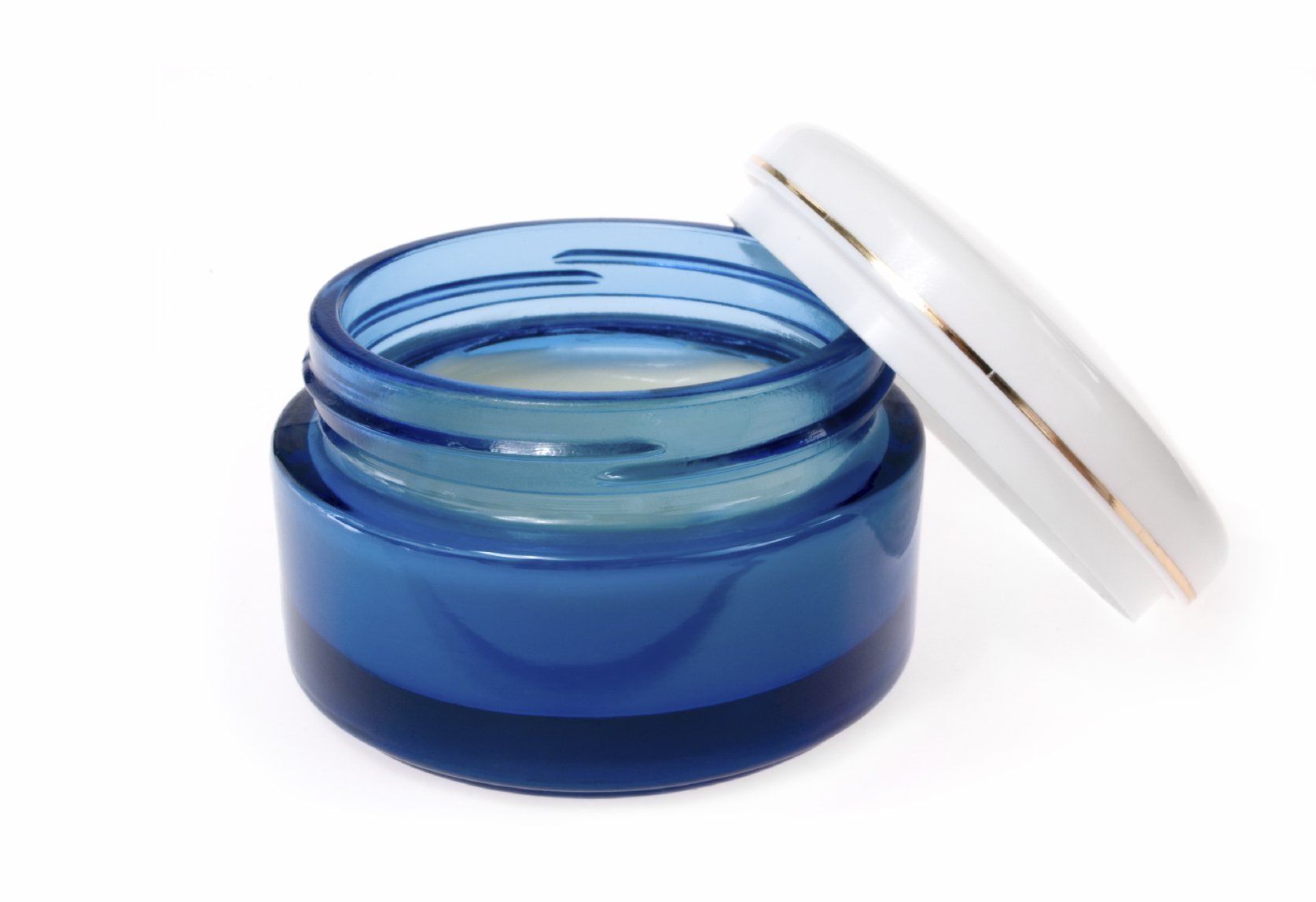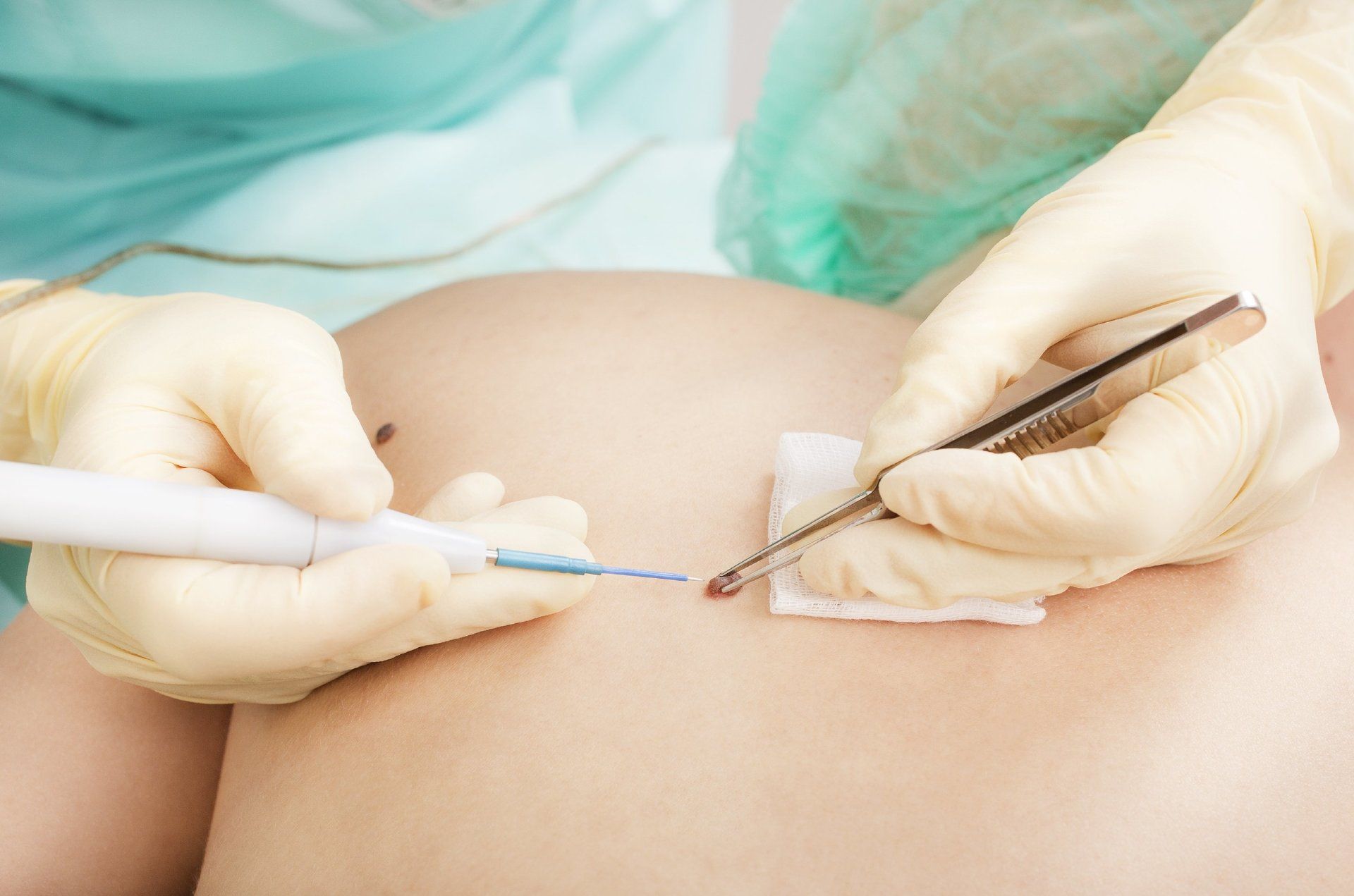Top 10 Tips for Tackling Acne
Treating Acne
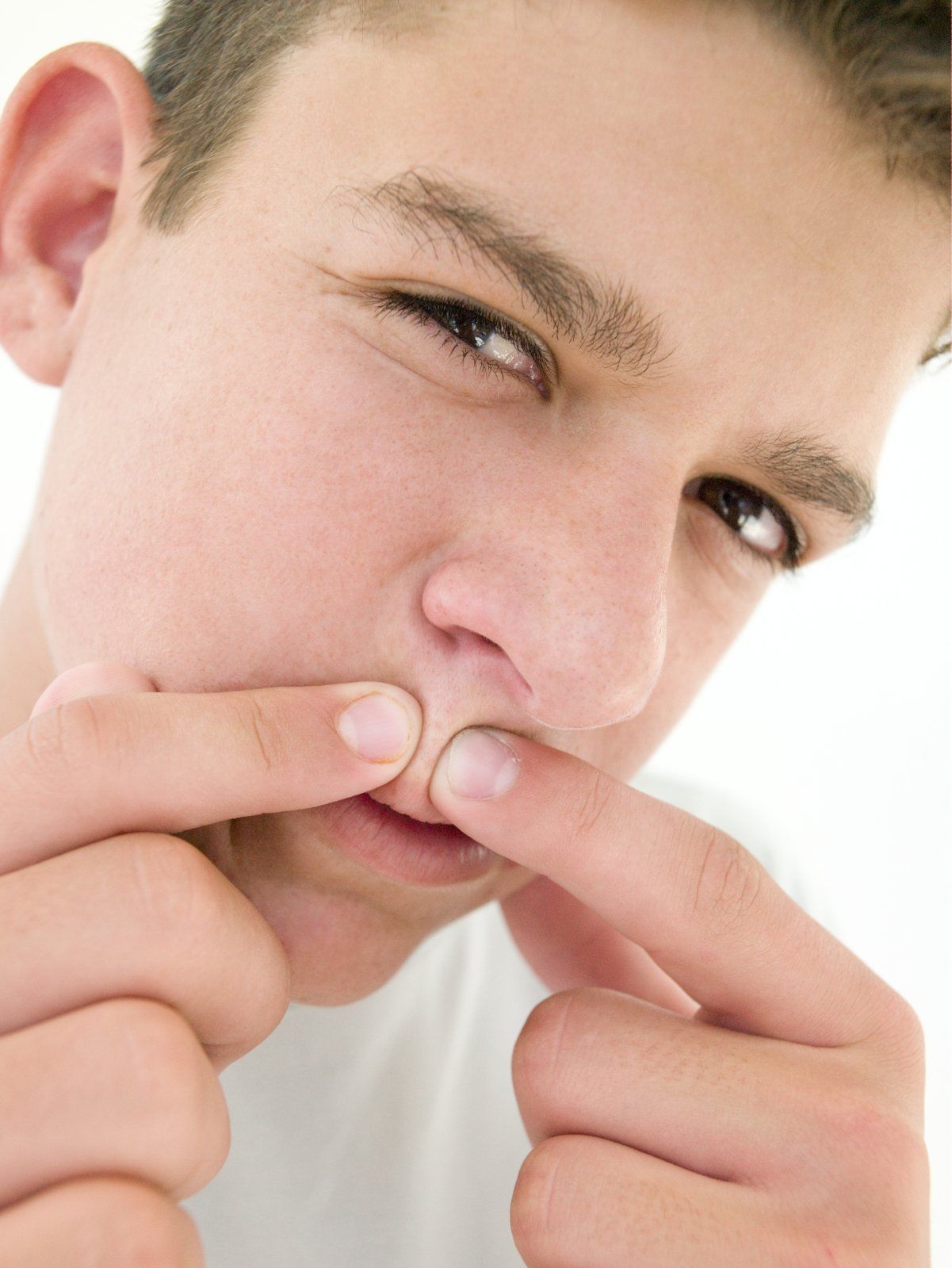
Let’s face it, acne is the enemy of a glowing complexion. In fact, the papules and pustules of this distressing skin condition can really knock your confidence. Acne is common in teenagers and young adults, but it can also strike women later in life, around the time of the menopause, when the balance of our hormones change. Here at HGface, we know just how important it is to have healthy, happy skin and we would like to share with you what to do to keep angry acne at bay.
However, it is worth bearing in mind that not all acne is made equal. In this article we will be talking about skin-saving tips to help with
acne vulgaris. This is just the scientific name for the most common acne which triggers a range of blemishes including:”
- Blackheaqds
- Whiteheads
- Papules
- Pustules
NOTE: If you are suffering with many large, painful, angry spots which resemble boils then you most likely have
cystic acne. This is a more severe form of acne and should be treated with prescribed medications and may require help from a Dermatologist.
With that in mind – these are our top ten tips for tackling acne vulgaris.
- Cleanse your face twice a day
Part of the reason we get acne is that our pores can get clogged with excess oil, bacteria, and debris. If it builds up in our skin with nowhere to go, it is going to cause breakouts. Keeping those spots at bay starts with decongesting those all-important oil escape routes.
A super-simple way to make sure your skin is clean is to cleanse twice a day, morning and evening, using warm water and an SLS-free cleanser. Rinse everything off well. Best to cleanse gently but thoroughly, avoiding scrubbing too hard and causing inflammation. It can help to wash as soon as you come home from work or school when the skin is likely to need it most. This will make sure any dirt and grime, make up and sunscreen products do not build up in the pores for too long.
Avoid any oil/micellar combination products and face wipes as these can clog your pores and make your symptoms worse.
- Exfoliate but don’t scrub!
As well as excess oil in the skin, another part of the story is the build-up of dead skin cells which clog the pores, blocking the escape route for the sebum. A common misconception people have of acne vulgaris is that you need to use all manner of vigorous scrub and processes to get rid of it. In fact, the opposite is true.
If you suffer with acne vulgaris, your skin is incredibly sensitive and needs to be treated with great care and with the right products. With that in mind, coarse exfoliants and rough scrubs should not have a place on your bathroom shelf if you have acne-proneic skin.
Yes, it is vital that you break down and remove those dead skin cells, but you can do it without damaging your skin with excessive abrasive products. Instead, look for gentle acids such as glycolic, lactic and mandelic acids which will exfoliate your skin gently. Salicylic acid is another superstar for treating acne because it is able tocan get deep down into the pores to remove excess sebum.
The products you use here are important. We recommend exfoliation with medical-grade products, designed for acne-prone skin. A lot of the exfoliants out there on the market aren’t, so be careful and seek professional advice if you are not sure
- Don’ forget your A’s and B’s
Vitamin A and Vitamin B are the other hero ingredients in skincare products that can have a positive impact on the pimples. Vitamin A, (retinoids), will slow down the overproduction of skin cells, regulate oil flow and tighten the pores. Vitamin B, (niacinamide) reduces inflammation and helps reduce oil production.
Again, the formulation and quality of the skin care products you use is vital to success. This is where a trained professional can guide you to the right choice of product for your skin and degree of acne.
- Use a spot-treating acne serum to zap those zits.
A spot-treating gel can be a life saver when you feel a spot building up. A good spot treatment will calm the skin down quickly and prevent a huge eruption. But again, the correct ingredients are the key.
Look for spot serums that target all the underlying problems of acne – excess sebum, dead skin build-up, inflammation, and bacteria. Salicylic acid and niacinamide are our favourites. We advise avoiding harsher ingredients like benzoyl peroxide that can upset the delicate balance of the skin.
- Don’t pick
Every time you squeeze a spot the bacteria spread deeper into the skin and cause more infection and possibly scarring and pigmentation in the future. Try to resist the temptation to squeeze and reach instead for that spot serum.
- Moisturise
An oily skin still needs hydration. Your skin can be high in oil and low in water. A moisturiser suitable for acne will contain water-based hydrators. Gel moisturisers with low oil content and hydrators such as glycerin, sodium PCA and sodium hyaluronate, are formulated specifically for acne-sensitiveprone skins and will draw up water without increasing oiliness.
It’s worth becoming and ingredient detective when it comes to skin products. Read the labels carefully and consult your skin professional for the best advice.
- Avoid comedogenic make-up
Using make-up containing certain oils and silicones is like wrapping your face in cling film, clogging the pores, and undoing all your good skincare routine. Loose mineral make up is an acne-skin saviour. Look for a quality zinc oxide-based powder that will let your skin breathe whilst covering blemishes and eveneveninging the skin tone. Another bonus of using mineral make- up is that it has built-in, anti-ageing sun protection.
- Hair products can affect the skin
Don’t forget that pore-clogging comedogenic agents can be present in our hair products too. These can transfer to the skin and contribute to acne breakouts around the hair and jawline. If this is a problem, aim to avoid shampoos and conditioners containing agents such as silicones, cacao butter and coconut oil which are the main culprits.
- Don’t stress
It seems unfair that when we are stressed, we can develop or worsen acne – another thing to stress about. Stress causes our body to produces cortisol and androgens in response. These stress hormones iInteract directly with our oil glands and escalate sebum production.
Many things that contribute to stress in our lives are out of our control, but one thing we can do is put a plan in place to help reduce our stress levels. Regular exercise to increase our feel-good endorphins, improving our sleep quality and indulging in some regular self-care are all ways which can help.
- Improve your diet
Thankfully our diet is a little easier to control than stress. Foods high in refined carbs and sugar cause the body to produce more insulin, which in turn causes the skin to produce more oil, increasing the chance of a clogged pore.
Acne-friendly diet is basically an anti-inflammatory diet. Cutting out bad fats, reducing sugar and other refined carbs and reducing dairy can have a positive impact on our skin. Your skin will also thank you for drinking plenty of water and eating foods rich in antioxidants such as berries and aa ‘rainbow’ of vegetable every day.
.
At HGface we specialise in formulating bespoke home skincare plans and in-clinic treatments for many skin conditions including adolescent and adult acne. If you feel your skin good do with our expert help do contact us on
enquiries@hgface.co.uk.

